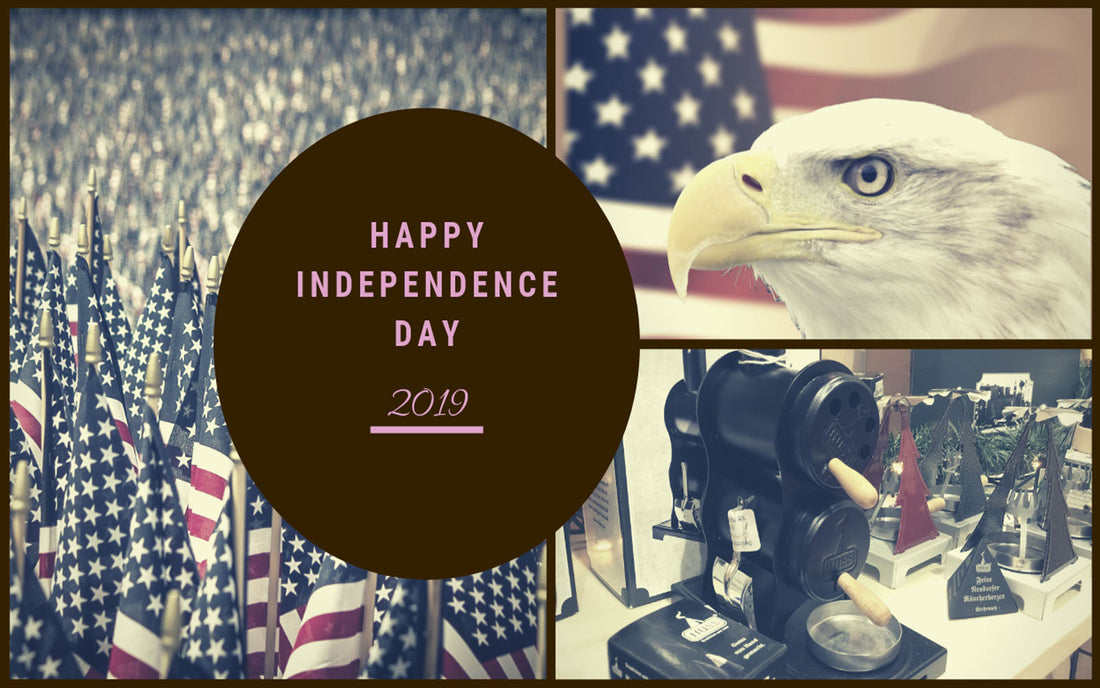
INDEPENDENCE DAY AND GERMAN TRADITIONS IN THE US
Share
Vancouver, BC July 4, 2019
We wish our US neighbours all the best for Independence Day. Many traditions from Europe (The Old World) were transferred to the new world and adapted over the years. What influence did the Germans have on developments in America? Here are some interesting information about traditions and German immigrants.
German/American rituals
There are German traces everywhere in the US, says Jackson Janes,  director of the Institute for Contemporary German Studies in Washington, DC: "San Antonio, Texas, for example, has the Museum of the Texan Population Dedicated to Germans who have emigrated and landed in Texas, there are museums and, of course, all sorts of trains such as the Steuben Parade in New York. " But even smaller versions - and if you drive anywhere in October across the country, then you see everywhere "Oktoberfest". The German rituals and traditions continued, are meanwhile Americanized. If a Bavarian looks at such an Oktoberfest, he would probably say, "What is this?"
director of the Institute for Contemporary German Studies in Washington, DC: "San Antonio, Texas, for example, has the Museum of the Texan Population Dedicated to Germans who have emigrated and landed in Texas, there are museums and, of course, all sorts of trains such as the Steuben Parade in New York. " But even smaller versions - and if you drive anywhere in October across the country, then you see everywhere "Oktoberfest". The German rituals and traditions continued, are meanwhile Americanized. If a Bavarian looks at such an Oktoberfest, he would probably say, "What is this?"
Especially after the two world wars, the German emigrants had good reasons not to bear their origins openly before them. After 1945, it was above all the US soldiers stationed in Germany who repeatedly brought a piece of Germany to the USA. For example in the form of a cuckoo clock or a beer mug - and thus decisively shaped the image of Germany in the USA.
Few Americans, in fact, know that nearly 50 million US citizens, one-sixth of the population, trace their roots back to German immigrants. These include stars such as rock 'n' roll king Elvis Presley - his German ancestors were called Pressler - as well as the ketchup mogul Henry John Heinz, the jeans inventor Levi Strauss or aeroplane pioneer William Edward Boeing.
On that note: "Alles gute zum Unabhaengigkeitstag!"
www.hussincense.com
